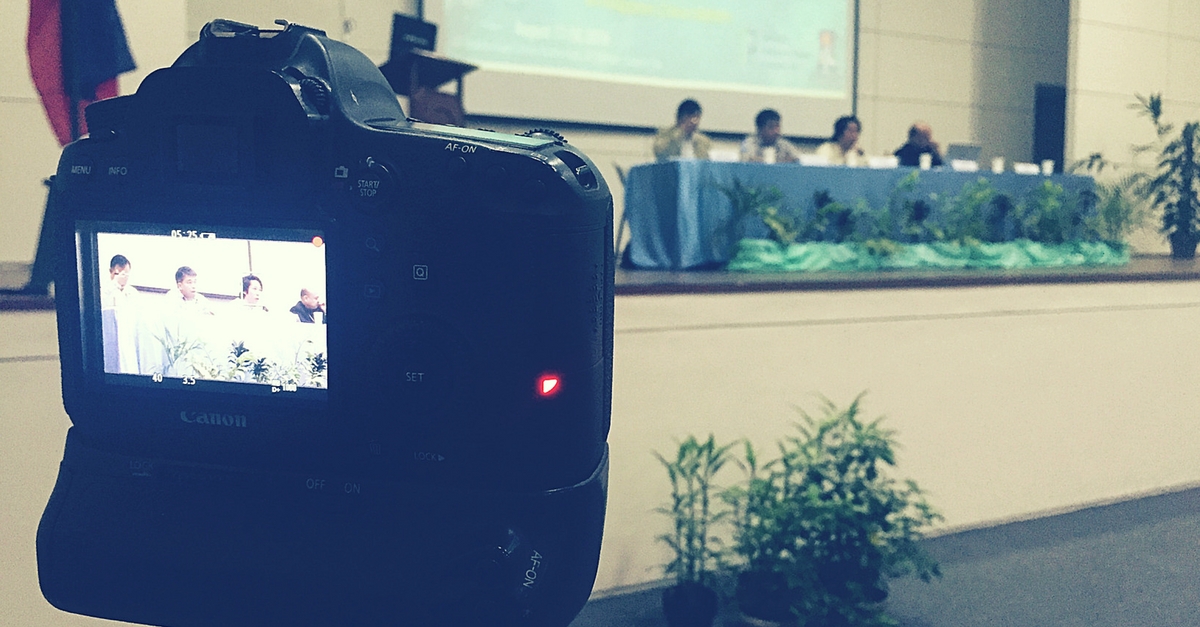 Nine Powerpoint presentations during the two-day symposium on Philippines-China relations held last 17 to 18 August 2016 at the UP Asian Center can now be downloaded—for FREE—from the website of the Asia Pacific Pathways to Progress Foundation, Inc., (APPFI) the symposium's main organizer.
Nine Powerpoint presentations during the two-day symposium on Philippines-China relations held last 17 to 18 August 2016 at the UP Asian Center can now be downloaded—for FREE—from the website of the Asia Pacific Pathways to Progress Foundation, Inc., (APPFI) the symposium's main organizer.
The two-day symposium, In Search of a China Strategy: Unpacking the Bilateral and Regional Dynamics of Philippines-China Relations," “cover[ed] the sociocultural, economic, development, political and security aspects of relations, set against the backdrop of domestic priorities in Beijing and Manila as well as broader regional and global trends.”
The presentations are in PDF format and are each embedded in a page in the APPFI website. Clicking on the titles/links below will open a new tab, where the PDFs can then be viewed and/or downloaded.
- The Philippines between ASEAN and China by Herman Kraft
- China’s Domestic Politics & Foreign Policy Implications by Chito Sta. Romana
- Fisheries Cooperation: Lessons for South China Sea by Lucio Blanco Pitlo III
- Philippines-China Infrastructure Cooperation: Lessons and Prospects by Ruben Reinoso
- Tourism Prospects & Challenges in Philippines-China Relations by Narzalina Lim
- Youth and Student Exchanges – Filipino and International Students in China by Austin Ong
- Philippines-China Cooperation in Science and Technology by Elenita Leus
- Role of Civil Society in Philippines-China Relations by Bobby Tuazon
- Migration Trends and their Socio-economic Implications: The Ethnic Chinese Community by Teresita Ang See
"In Search of a China Strategy," which was co-organized and hosted by the UP Asian Center, featured presentations in four panels: Sociocultural and People-to-People Ties; Economic and Development Issues; The South China Sea; and Philippines-China Ties in a Broader Context. The presentations above are taken from the various panels. Please note that not all presentations were uploaded. View complete list of papers from the symposium.
The UP Asian Center offers M.A. programs in Asian Studies with four fields of specialization: Northeast Asia, Southeast Asia, South Asia, and West Asia. The Center also has an M.A. program in Philippine Studies that allows students to major in Philippine society and culture, Philippine foreign relations, or Philippine development studies. The Center offers a Ph.D. program in Philippine Studies in conjunction with the College of Arts and Letters and the College of Social Sciences and Philosophy. Get an overview of these programs. The Asian Center also houses a peer-reviewed, open-access journal, Asian Studies: Journal of Critical Perspectives on Asia. It has published several books and monographs, and hosts or organizes various lectures and conferences.

